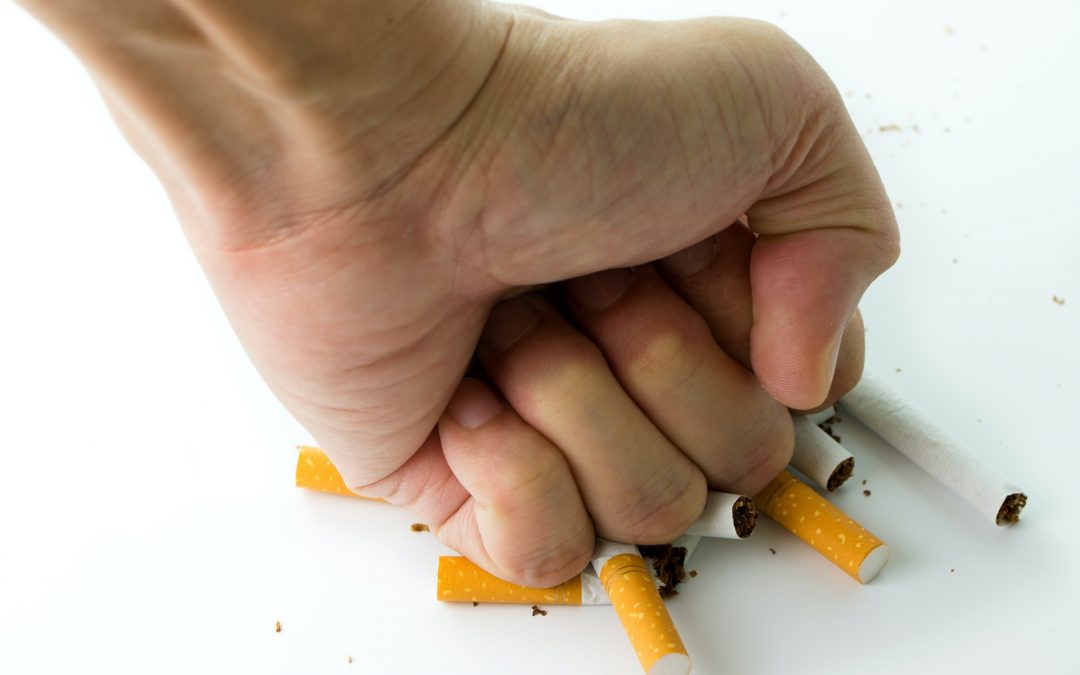Having high cholesterol levels leads to a higher risk of heart disease. Below we discuss how to reduce cholesterol fast in 5 easy steps.
Cholesterol is necessary for the body to perform certain functions, but too much cholesterol could lead to health problems.
If you have high levels of low-density lipoprotein (LDL), known as the “bad cholesterol,” it leads to cholesterol deposits in blood vessel walls. If you have high levels of high-density lipoprotein (HDL), the “good cholesterol,” it can help carry cholesterol away from vessel walls.
5 Easy Steps to Reduce Cholesterol
If you’re suffering from high cholesterol, talk to your doctor. Also making lifestyle changes can help lower your cholesterol over time.
1. Good Fats Only
First, avoid trans fats since they increase LDL cholesterol levels, while reducing HDL cholesterol. These are found in margarines, shortenings, and pastries.
Instead, eat monounsaturated fats, such as olive and canola oil, tree nuts, and avocados. Add more polyunsaturated fats, especially omega-3 fatty acids, such as salmon and tuna. Both help decrease the bad cholesterol.
Last, add soluble fiber, which is found in beans, peas and lentils, fruit, oats and whole grains. If you’re looking for a diet to follow, the TLC diet can help lower cholesterol.
 2. Stay Active
2. Stay Active
Exercising improves physical fitness, helps maintain a healthy weight, and keeps cholesterol levels in check.
Several studies have determined that 30 minutes of exercise five days a week can improve cholesterol and reduce the risk of heart disease. The longer and more intense the exercise, the better.
Any exercise works, such as walking. But a mix of aerobic and resistance exercises works best to maintain healthy cholesterol levels.
3. No Smoking Please
Smoking increases risk of heart disease and changes the way the body handles cholesterol. It increases overall cholesterol levels while decreasing good HDL cholesterol.
Immune cells also become defective, unable to return cholesterol back to the liver to be broken down. Quitting smoking can reverse these effects.
4. Moderate Your Alcohol
Alcohol removes cholesterol from vessel walls and sends it to the liver, resulting in lower risk of clogged arteries. However, this only happens if alcohol is consumed in moderation.
Too much alcohol damages the liver and increases risk of heart disease. When this happens, the liver can no longer help remove excess cholesterol from the body.
Therefore, the recommended limit for alcohol is two drinks a day for men, and one drink a day for women.
5. Use Supplements
In addition to medication that your doctor prescribes, using supplements can help keep cholesterol levels healthy.
Fish oil and coenzyme Q10 can help reduce heart disease. Psyllium, a type of soluble fiber, can help reduce cholesterol levels.
L-arginine can also help with lowering your risk of heart disease. It helps dilate blood vessels and improve blood flow.
The Outlook
Having high cholesterol increases your risk of heart disease. Luckily, taking small steps each day to improve your cholesterol doesn’t have to be hard.
A few changes to your diet, staying active, cutting out smoking, and drinking alcohol in moderation can help improve your cholesterol levels. Also adding supplements can help keep your heart healthy.
Consider adding L-arginine Plus to your routine, which increases nitric oxide in the blood and helps open up blood vessels while increasing blood flow to your body.

